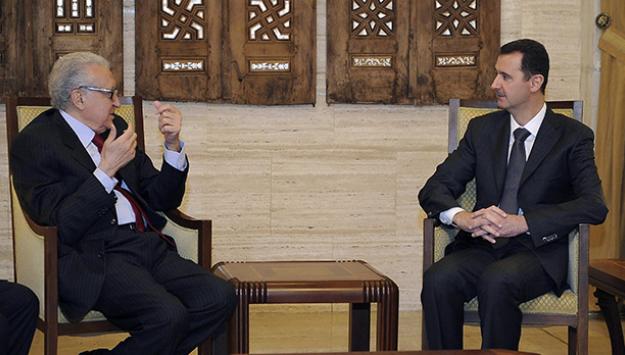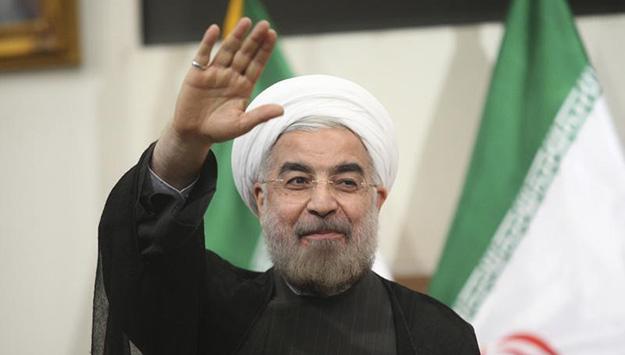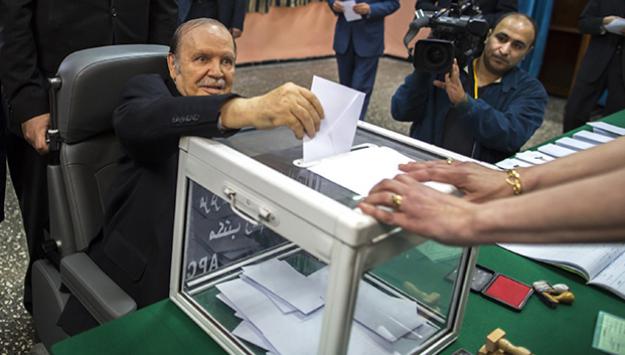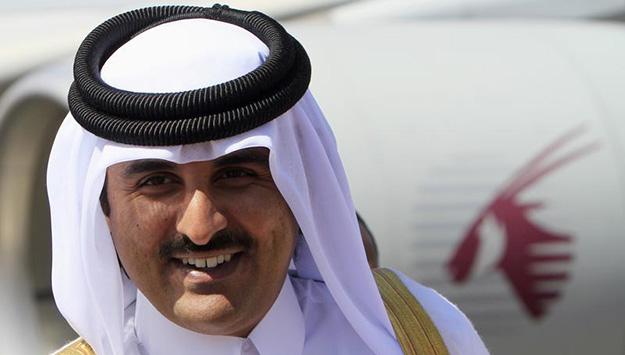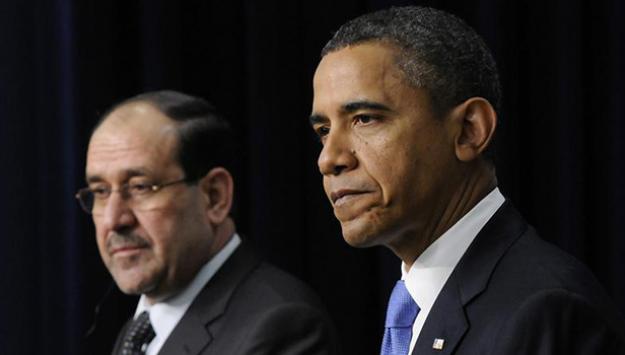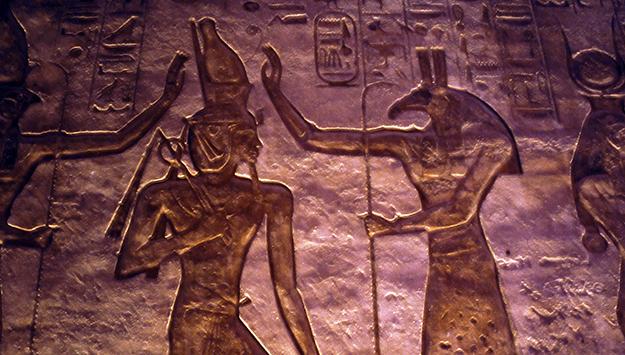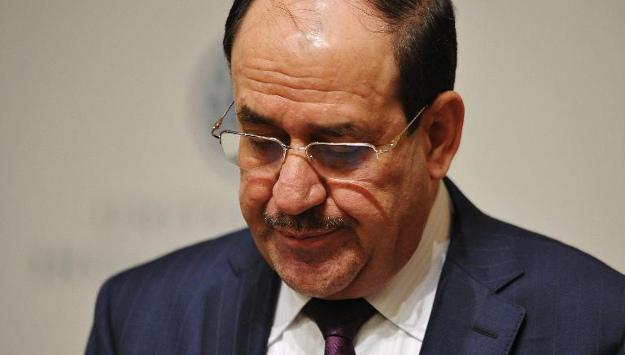Event Information
The Middle East Institute and the Conflict Management Program at SAIS are pleased to host a panel discussion about the outcome of Iraq's April 30 parliamentary elections and the political challenges ahead. The first parliamentary vote held since the 2010 U.S. withdrawal, the election was preceded by Iraq's worst surge in sectarian violence since 2008, fueled by growing political disputes.
